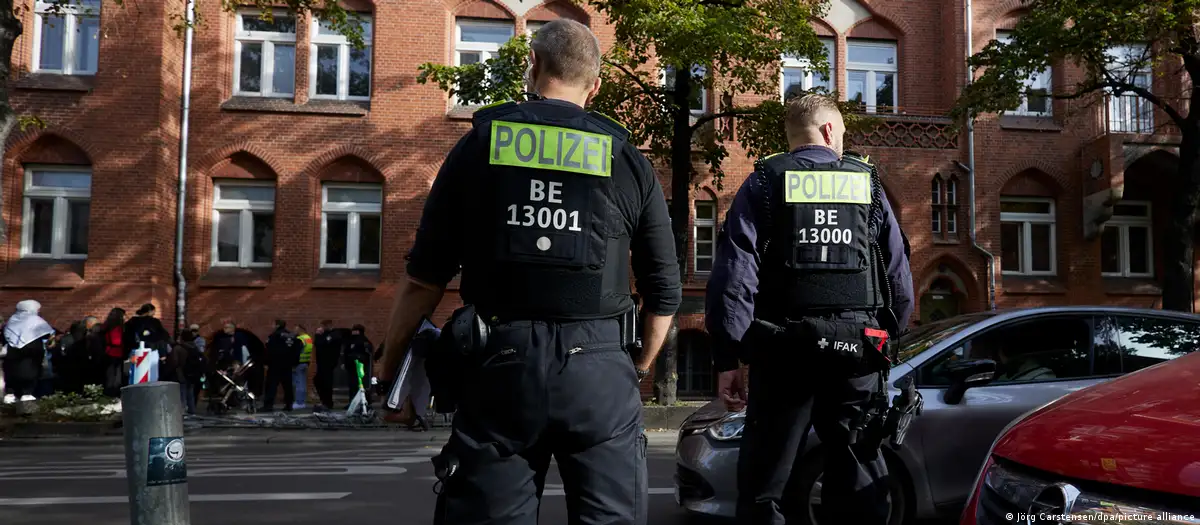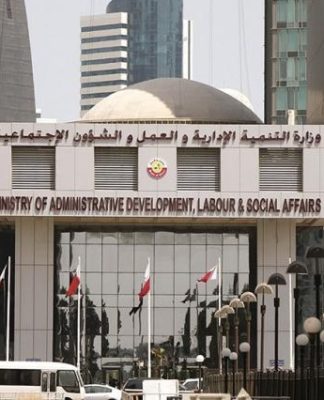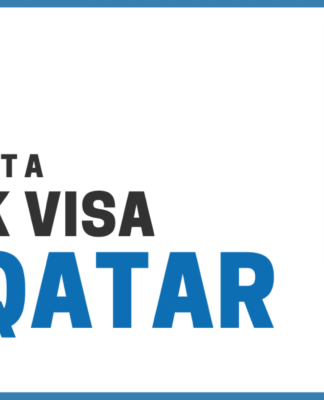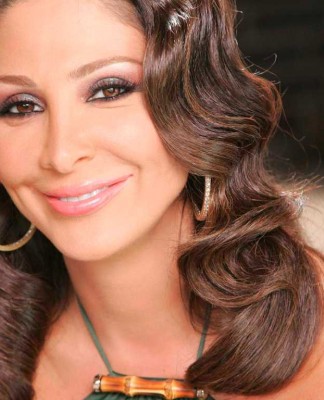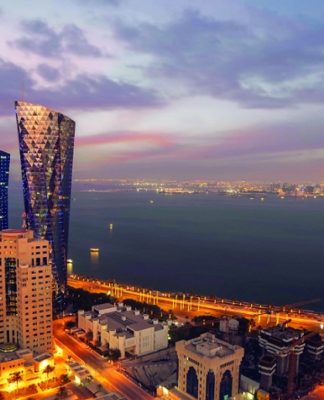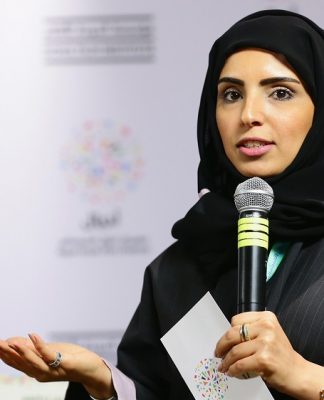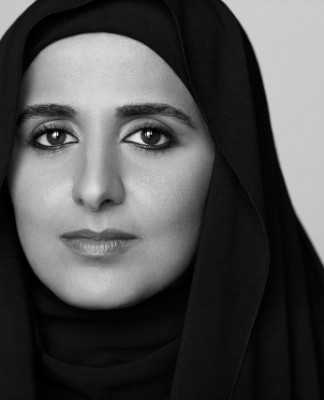EDUCATIONGERMANY
Israel-Hamas conflict: How German schools treat antisemitism
Marcel Fürstenau
3 hours ago3 hours ago
German students have seen the news of the Hamas terror attack against Israel and the retaliation in Gaza. Teachers are seeking ways to make clear that antisemitism can not be tolerated.
https://p.dw.com/p/4XaSb
Police standing outside the Ernst-Abbe-Gymnasium in Berlin-Neukölln
At the Ernst-Abbe-Gymnasium in Berlin-Neukölln police was called in to help protect law and orderImage: Jörg Carstensen/dpa/picture alliance
When Pro-Palestinian demonstrators took to the streets of Berlin, some of them appearing to rejoice at the terror attacks on Israeli civilians, German politicians were quick to express outrage. In Germany, it is illegal to condone violence or incite hatred, racist slurs including expressions of antisemitism are punishable under the country’s criminal law.
Dervis Hizarci from the Kreuzberg Initiative Against Antisemitism (KIgA)
is not at all surprised that tensions are now also rising in schools in Berlin. In the battle against antisemitism and all forms of discrimination, prevention is key, he says.
“Whoever does not deal with these topics — such as the conflict in the Middle East or antisemitism in relation to Israel — in ‘peace times,’ cannot react adequately to these conflicts in times of crisis,” Hizarci said
Prayer for peace draws Berliners of all faiths
02:05
Not enough prevention?
Hizarci and his team have been fielding many inquiries since the terror attacks in Israel and counterattacks in Gaza. There is a huge demand for advice. “Some ask whether they should hold a minute’s silence or whether they should invite a guest speaker from a Jewish school,” Dervis Hizarci said.
There is no one answer for everything, the former teacher, who has been working to combat antisemitism for more than 20 years, added. However, he had a suggestion: “Remain calm and control emotions and use them in a way that makes sense pedagogically!”
Teachers signing up for training
KIgA is now offering additional consulting services for teaching staff and social workers. They received more than 40 applications in the first few hours, Dervis Hizarci said. That is an indication of how great the uncertainty in Berlin schools seems to be.
Of course, antisemitism is a problem by no means restricted to ethnically and culturally diverse schools in Berlin: In May, for example, there were reports that two students from the town of Leisnig in Saxony had allegedly given the Hitler salute during a visit to the Auschwitz concentration camp memorial site.
For years, various studies have documented antisemitism in all political camps in Germany.
In 2022, the American Jewish Committee (AJC) commissioned a representative study by the Allensbach Institute (IFD Allensbach) to investigate the attitudes of the total German population. The survey showed that antisemitism is not only a problem on the political fringes, rather it is “deeply rooted” in mainstream society.
Berlin authorities ban pro-Palestinian protest
02:40
Opening minds
The nationwide association “Gesicht Zeigen!” (whose name means Show your face — for a liberal-minded Germany) knows how to sensitize young people toward tolerance. Jan Krebs has been working there for 13 years in antisemitism prevention. Students from ethnically, culturally, and religiously diverse classes are among his target audience.
To bring the young people into conversation with one another, he and his team hold workshops in which they pose unexpected questions, for example: “Do neo-Nazis eat döner kebabs?” With these sorts of surprising, sometimes seemingly absurd ideas, they aim to draw participants into a personal conversation.
Good experiences in workshops
“We have repeatedly had good experiences with this,” Jan Krebs said. “Not in every situation, not with every school class — that would be a miracle. But it can often lead us into a good exchange.”
“We facilitate an unexpected, personalized atmosphere for this sort of collaborative thinking.” That is often key to people opening up to others, as Jan Krebs knows from many years of experience.
Klaus Seifried from the Professional Association of German Psychologists (BDP) deals with everything from the causes of prejudice and discrimination to violent incidents.
In an interview with DW, he emphasized that the vast majority of children and young people from Muslim families in Berlin are well-integrated into German society. Several studies have shown that antisemitism is not generally more widespread among people with a history of migration and Muslims than it is in the majority of society.
However, when it comes to antisemitism in relation to Israel — for example denigration and violence against German Jews because of conflicts in the Middle East — the proportion of Muslims and people with a migration background expressing these views is higher. In the “Authoritarianism” study from 2020, for example, 40.5% of the Muslims surveyed (those with and without German citizenship) agreed with antisemitic statements toward Israel, but only 5.2% of Protestants, 7.1% of Catholics and 9.4% of respondents with no religious affiliations did.
Murky myths behind antisemitism
12:35
The parents’ role
Schools alone cannot solve the problem. Parents are also needed, according to educational expert Klaus Seifried. “We live in a society of immigration and have to learn how to deal with that,” he said
You can never reach everyone, of that Seifried is sure. However, it is crucial that schools make the effort to partner with parents. “Only then will we succeed in integrating these children and young people to a certain extent and not letting them grow up in a parallel society.”
It is difficult to gauge how the situation in German schools will develop in view of the escalating violence in Israel and Gaza. Police are also on alert: “Of course, we are in contact with the educational authorities, also in respect to the measures we could take if there are disputes,” a spokesperson told DW.
This article was originally written in German.
While you’re here: Every Tuesday, DW editors round up what is happening in German politics and society. You can sign up here for the weekly email newsletter Berlin Briefing.
Marcel FürstenauMarcel Fürstenau
Marcel Fürstenau Berlin author and reporter on current politics and society.














